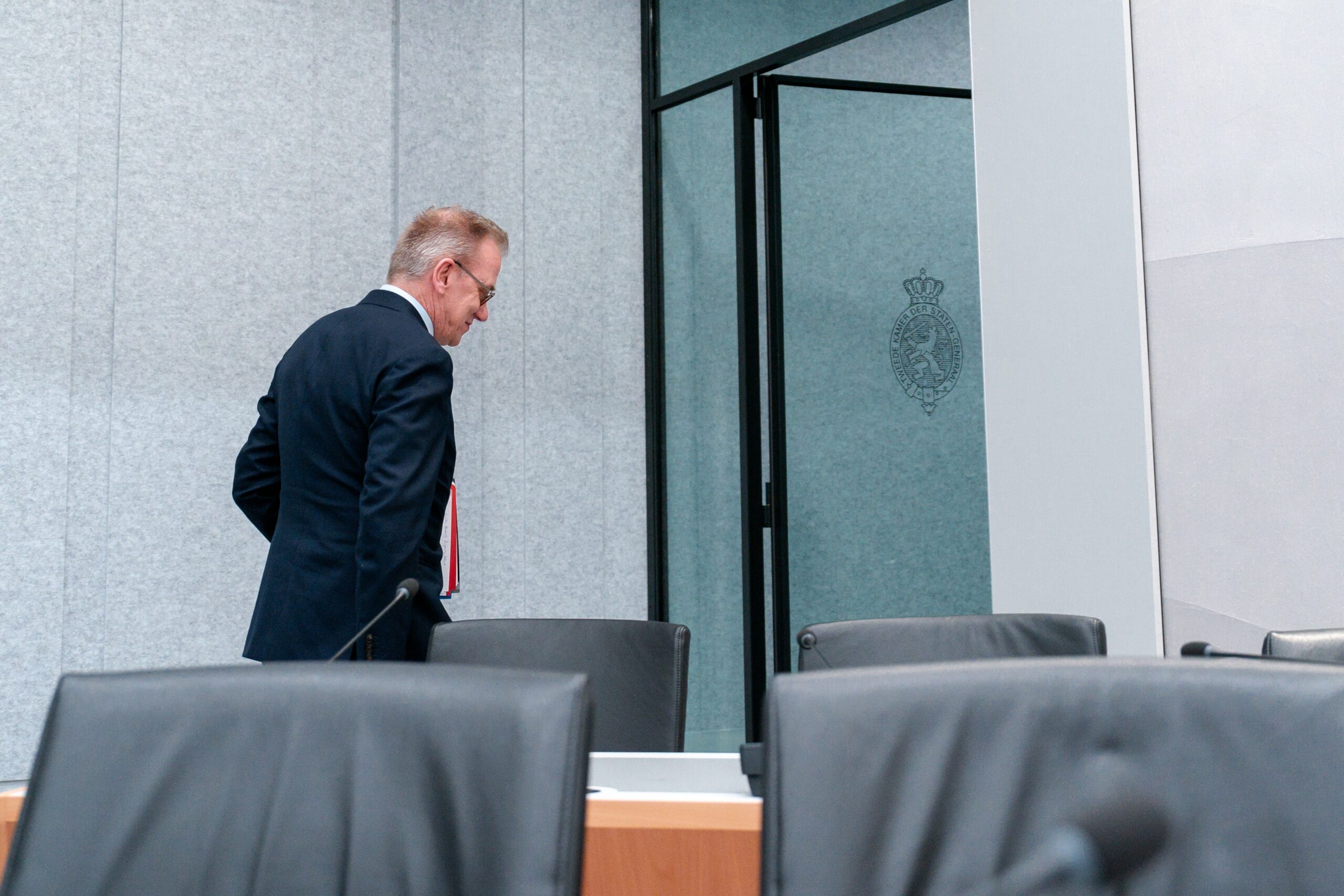Teachers at universities in the Netherlands are more frequently offered permanent employment than before. The average increased from 71 per cent in 2021 to 74 per cent in 2022. This is revealed by the latest data from Universities of the Netherlands van (UNL).
At a national level, the number of permanent contracts rose steeply among teachers and assistant professors. While 62 per cent of the teachers (without a research task) worked under a temporary contract, this number dropped to 54 per cent in 2022. The percentage among assistant professors dropped from 29 to 19 per cent.
WUR is an exception. The number of teachers with a temporary employment contract dropped only slightly, from 119 to 114. The number of assistant professors with a temporary contract even showed an increase, from 121 to 124.
In relative terms, Wageningen University (staff with a WR contract are excluded from the count) has fewer than average teachers with a temporary contract: 45 per cent, against the national average of 53 per cent. The same applies to post-docs: with 387 out of 411 post-docs serving under a temporary contract, WUR’s 82 per cent is lower than the national average of 88 per cent. Assistant professors, however, are less fortunate at WUR, as the percentage with a flexible employment contract is 38 per cent, while the national average is 20 per cent.
The large number of flexible contracts at universities has been a point of contention for years. Following continuing protests by teaching staff and unions, the universities promised to make an effort to increase the share of permanent contracts. They are supported by the recent investments made by the cabinet through the sector plans (in Dutch) as well as grants for starting employees and stimulus grants. ‘The structural nature of these investments has finally created room for university staff’, says UNL, calling on politicians to continue these structural investments during the coming cabinet period.

 Steeds vaker zetten University staff is increasingly employed under a permanent rather than temporary contract. Photo Shutterstock
Steeds vaker zetten University staff is increasingly employed under a permanent rather than temporary contract. Photo Shutterstock 

